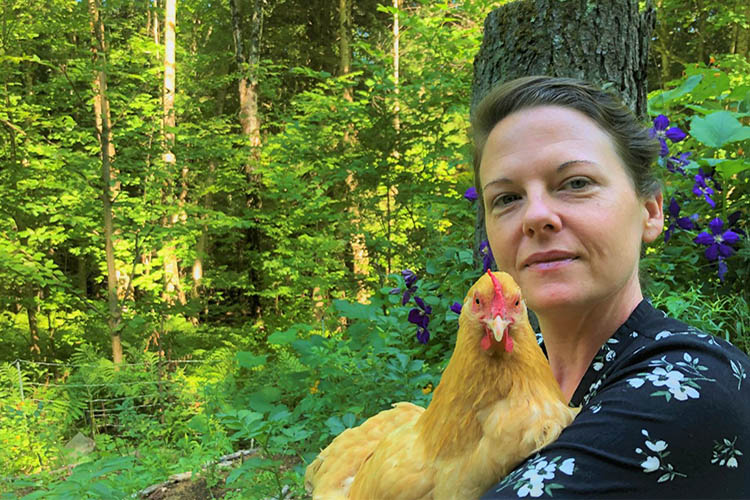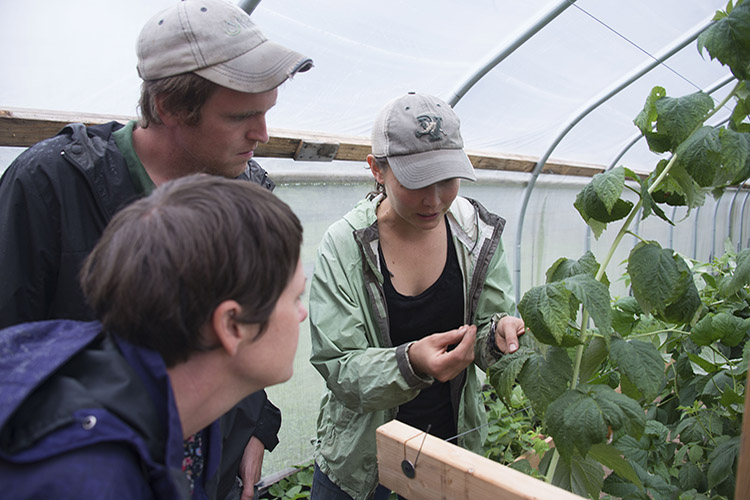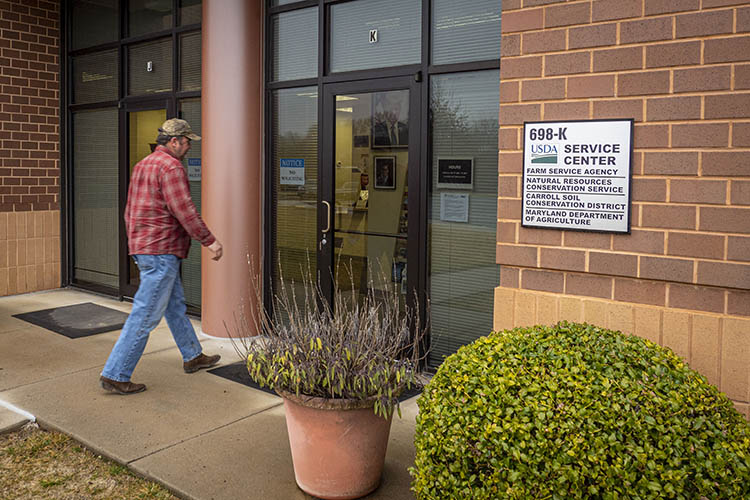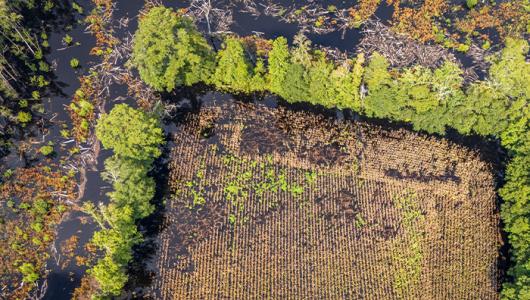Are you new to farming because of the pandemic? USDA can help you get started – everything from helping you register your farm to getting financial assistance and advice.
Our team members, based at USDA Service Centers across the country, are hearing from people who are interested in more space and working the land, and we want to let you know we can help.
“Farming means access and availability of food and a healthy life. It might be the very reason you’re considering taking up the title ‘farmer.’ And here at USDA, we offer a range of services that can help you get started.,” said Carissa Stein, a soil conservationist with USDA’s Natural Resources Conservation Service in Saint Albans, Vermont

Get Started with USDA
First, you want to make sure your farm is registered. If you purchased land, it might already be established with USDA’s Farm Service Agency (FSA) with a farm number on file. If not, FSA can help you register your farm.
To obtain a farm number, you’ll bring an official tax ID (Social Security number or an employer ID) and a property deed. If you do not own the land, bring a lease agreement to show you have control of the property to your FSA representative. If your operation is incorporated or an entity, you may also need to provide proof that you have signature authority and the legal ability to enter contracts with USDA.
Access to Capital
USDA can provide access to capital through its farm loans, which is a great resource when producers aren’t able to get a loan from a traditional lender. Loans can help with purchasing land or equipment or with operating costs, and FSA even offers microloans, which are especially popular among producers with smaller farms. For more information, check out our Farm Loan Discovery Tool.
Conservation Practices
We can help you make conservation improvements to your farm, which are good for your bottom line and your operation. From improving the health and productivity of your soil to making your croplands or grazing lands more resilient, conservation programs offered by NRCS can help. We’ll help you develop a conservation plan as well as apply for financial assistance that’ll cover the bulk of the costs for implementing. To learn more about some of the conservation practices that we help producers with, check out our Conservation at Work Video Series.
If you purchase land, and you don’t want to farm all of it, you can look at either a conservation easement or managing for native shrubs and grasses through either the Agricultural Conservation Easement Program or Conservation Reserve Program (CRP). Easements are long-term, while a CRP contract is 10-15 years. These are good options for lands with land that is not optimal for production or sensitive lands like wetlands and grasslands.

Additional Resources
NRCS and FSA work with all kinds of farms – big, small, organic, row-crop, etc. “There is no acreage pre-requisite or certain category of farmer you have to be to work with us; we are very fortunate to have such diverse landscapes and farmers,” Carissa said.
Depending on your farm, you may want to look at crop insurance. The USDA’s Risk Management Agency provides crop insurance to help you manage risks on your farm. There are many types of insurance products available for a wide variety of production practices, including organic and sustainable agriculture.
Your local communities also have great resources for farmers including conservation districts, Rural Development, cooperative extensions, and different farming groups.
“Get to know your deeply rooted local resources, and don’t be afraid to reach out to them,” Carissa said. “As a new farmer, you are the hope to keep food security in this country sustained. We have every reason to want to see your farm flourish, so make an appointment with your local service center today!”
More Information
To get started with USDA, we recommend you contact your local USDA service center. All USDA Service Centers are open for business, but because of the pandemic, some are open by phone appointment only. Be sure to call ahead to schedule an appointment. You can find your local Service Center at farmers.gov/service-center-locator.



